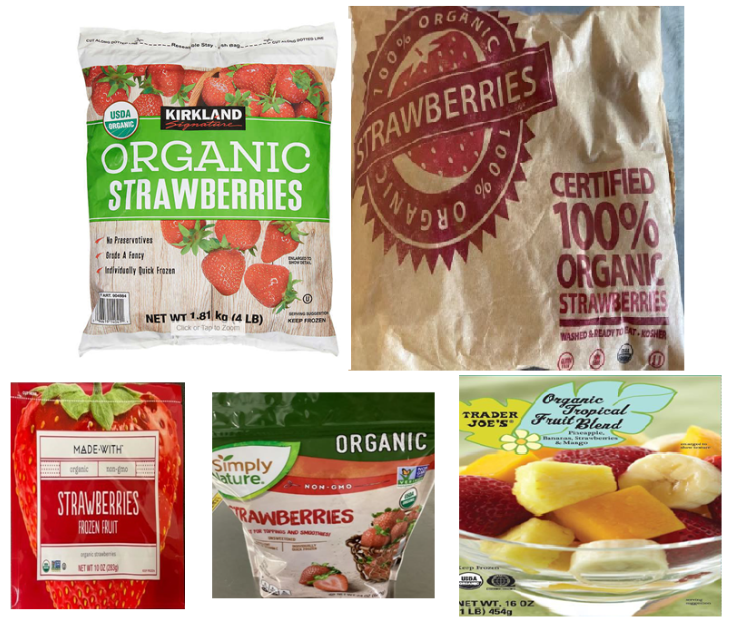The FDA reported that Chang Farm (301 River Road, Whatley, MA) expanded their recall to include ALL Mung Bean Sprouts and Soy Bean Sprouts within expiry because of the possible presence of Listeria monocytogenes. The recalled products include Beans Sprouts 10lb bag and bag in box, Nature’s Wonder Premium Beans Sprouts 12oz bag, and Nature’s Wonder Premium Soybean Sprouts 12oz bag. The product has been distributed to retail stores and wholesalers throughout MA, CT, NY, RI, and NJ. No illnesses have been reported to date. The company expanded the recall in response to a notification by the Massachusetts Food Protection Agency that a Mung Beans Sprouts sample collected on May 4th, 2023, at Chang Farm by the agency tested positive for Listeria monocytogenes. Chang Farm is working closely with governing authorities as we investigate this contamination’s root cause. @ https://www.fda.gov/safety/recalls-market-withdrawals-safety-alerts/chang-farm-expands-recalls-mung-and-soy-bean-sprouts-because-possible-health-risk




